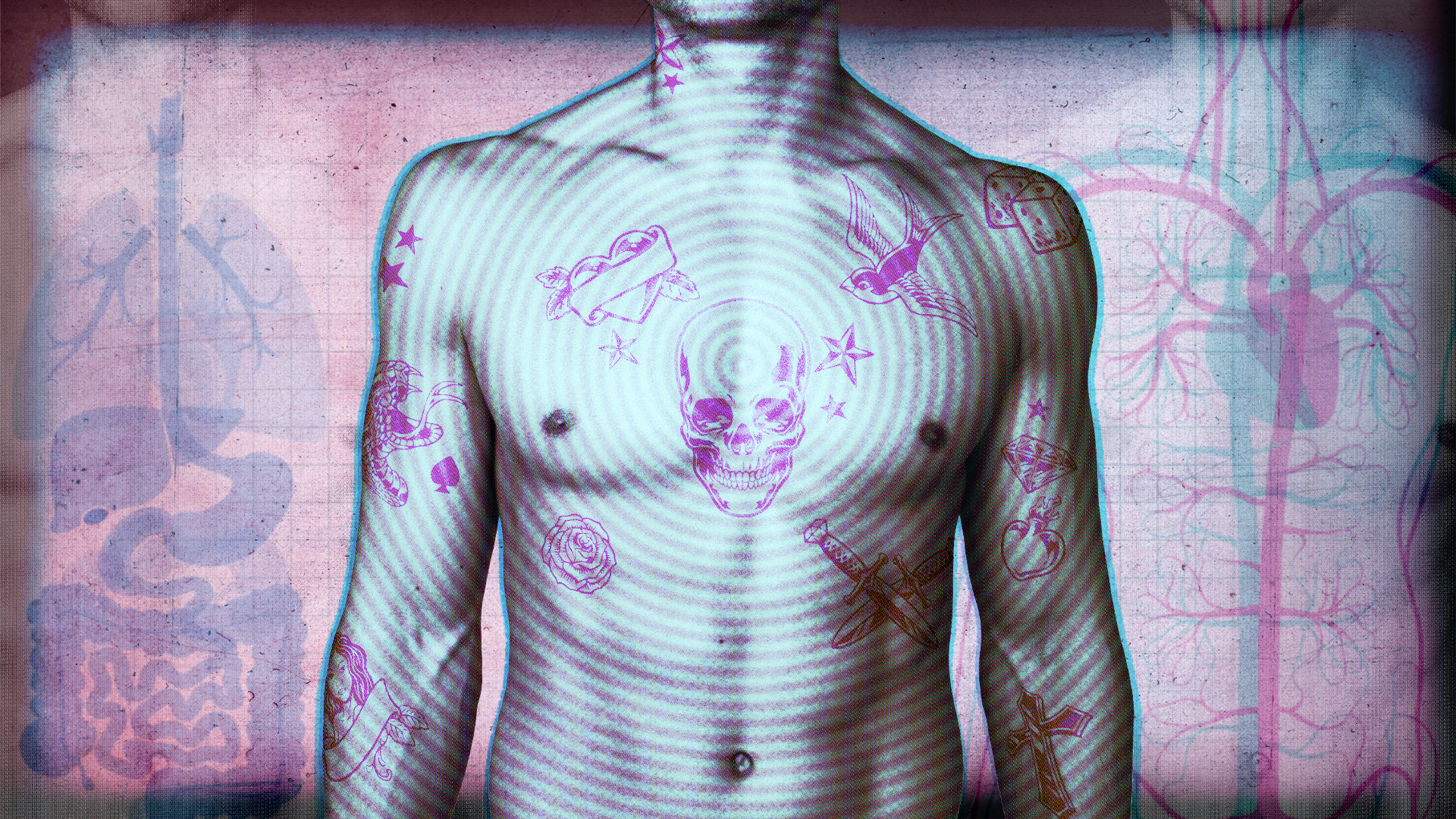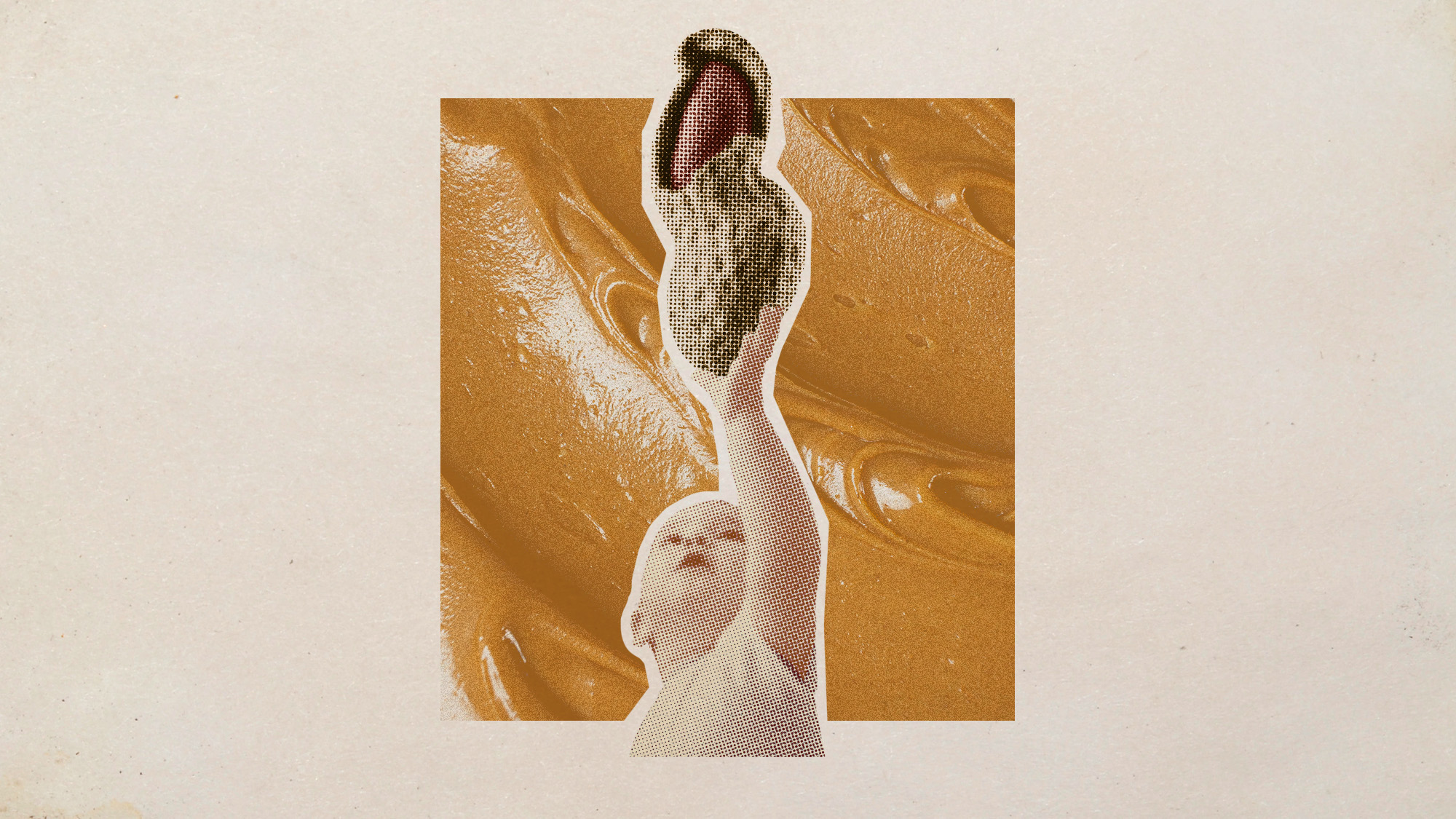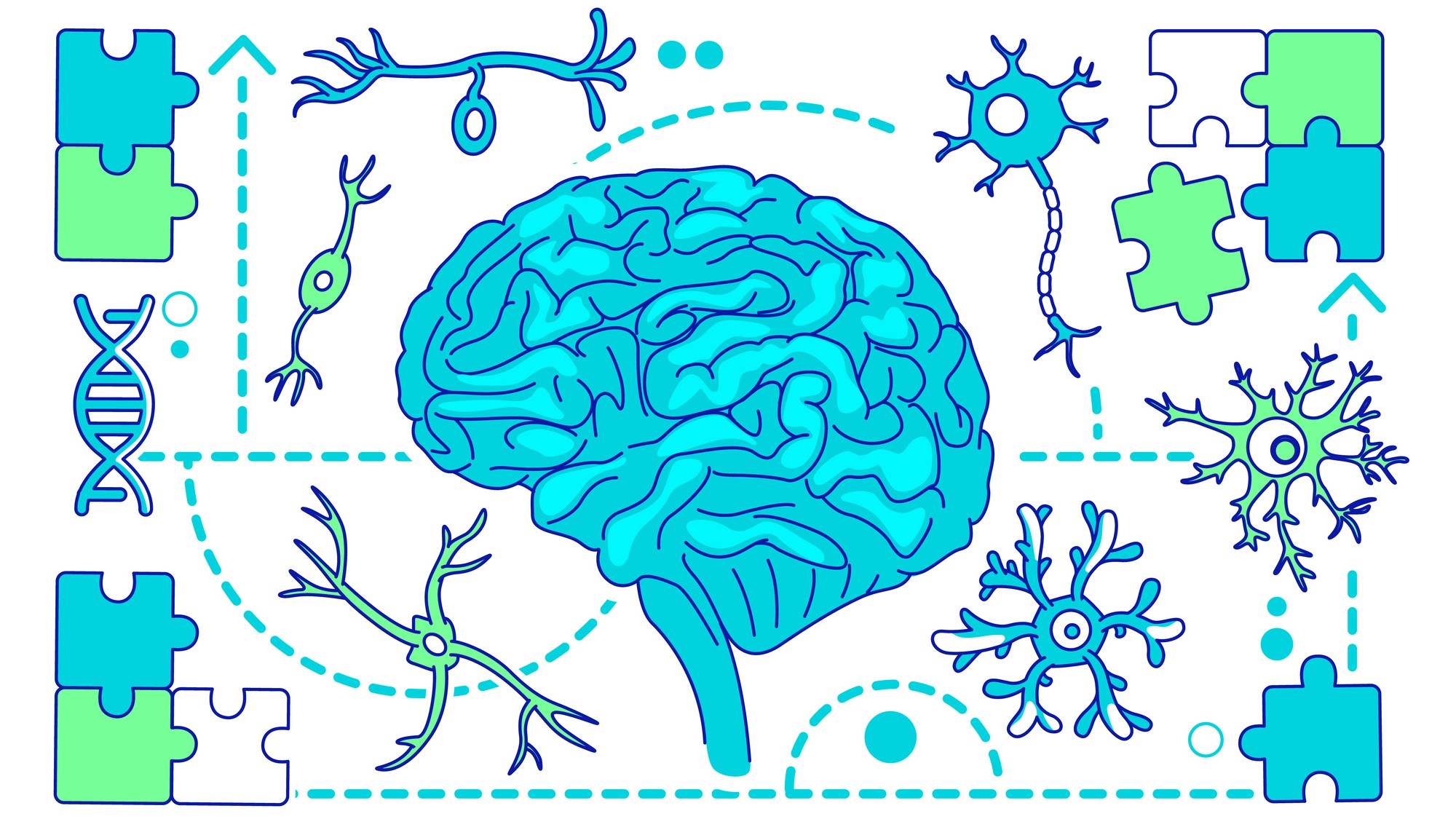The price (and pros) of tattoos
Does body art affect the immune system?


A free daily email with the biggest news stories of the day – and the best features from TheWeek.com
You are now subscribed
Your newsletter sign-up was successful
Aside from their long-lasting imagery, what effect do tattoos have on the body, or, more specifically, the immune system?
Why are tattoos permanent?
When a person gets tattooed, the ink is deposited via tiny punctures under the top layer of the skin, explained anthropologist Christopher Lynn. As a result, the body views a tattoo as a wound and sends out macrophages, or white blood cells, to heal the area.
But tattoo ink is especially difficult for the cell enzymes to break down. "The reason pigment stays there is because the pigment particles are too big to be eaten by the white cells," Dr. Anne Laumann, a dermatology professor at Northwestern University, told Popular Science. Instead of breaking down, the ink is passed from macrophage to macrophage, which is why the tattoo becomes fuzzier over time, especially as the skin itself ages and warps. "So not only does it bleed a bit because the pigment moves gradually over time and so those will tend to become sort of smoky edges, but also the whole line might become a little distorted over the years," Laumann said. Basically, adds ZME Science, "your tattoo and your body's immune system are locked in a tug that never stops."
The Week
Escape your echo chamber. Get the facts behind the news, plus analysis from multiple perspectives.

Sign up for The Week's Free Newsletters
From our morning news briefing to a weekly Good News Newsletter, get the best of The Week delivered directly to your inbox.
From our morning news briefing to a weekly Good News Newsletter, get the best of The Week delivered directly to your inbox.
How do tattoos affect your body?
Because the body is constantly fighting with the ink, tattoos may actually impact your larger immune system ... though how, exactly, is still up for debate. "What if you are forcing [white blood cells] to take care of these foreign clumps of pigment instead of doing immune surveillance?" posited virologist Juliet Morrison, speaking with The Atlantic's Katherine J. Wu.
The immune system may actually be slightly weakened following a new tattoo, potentially putting the body "at a disadvantage if a new tattoo ends up inflamed, infected, or triggering allergies," Wu writes. But in the long term, "small bits of damage to the skin — administered by a professional using sterile, hypoallergenic equipment and materials — could even keep nearby immune cells spry," Wu says. Indeed, some studies have found that tattoo ink creates a sort of "priming effect" for your immune system, whereby the body, on high alert from the pesky tattoo ink, is supposedly better able to detect other infections, noted Lynn, the anthropologist. Separately, he told Wu that "frequent tattooing gives the immune system a regular, low-intensity workout — and keeps certain bits of our defensive armamentarium more fit."
"If your body tolerates a tattoo at all," added María Daniela Hermida, a dermatologist based in Buenos Aires, "it means that the immune system adapted."
Are tattoos ultimately good or bad for you?
The answer to that might depend on how many tattoos one person has. A study conducted by Lynn, for instance, "revealed that those with no pre-existing tattoos experienced a greater strain on their immune system ... possibly due to greater feelings of stress," while "those on their second, third (or twelfth) tattoo instead experienced a surge in [antibodies that fight infection] immediately following their inking session," summarizes Scientific American. Still, though, that immune boost is not necessarily very large — "I don't think it's going to cure colds," Lynn told Wu.
A free daily email with the biggest news stories of the day – and the best features from TheWeek.com
On the flip side, tattoos do have the potential to cause infections, especially when administered in unsanitary conditions. Plus, the tattoo ink itself may have ingredients that can trigger an allergic reaction or prove harmful to one's health. "Different colors are created with variations in pigment and dilution, while some contain materials that may be considered carcinogenic," writes Healthline.
But as far as the broader medical field goes, the art of tattooing seemingly has its upsides — in one instance, it prompted some researchers to reconsider how vaccines are administered. Currently, vaccines are injected into muscles that "aren't well stocked with immune cells," Wu writes in The Atlantic. But the skin is "a formidable place to administer vaccines" instead, Gary Kobinger, an immunologist at the Galveston National Laboratory. explained. "The cells are already on site, and there is an immediate reaction." So while, of course, tattoos might not be without their cons, they aren't without their pros, either.
Devika Rao has worked as a staff writer at The Week since 2022, covering science, the environment, climate and business. She previously worked as a policy associate for a nonprofit organization advocating for environmental action from a business perspective.
-
 How the FCC’s ‘equal time’ rule works
How the FCC’s ‘equal time’ rule worksIn the Spotlight The law is at the heart of the Colbert-CBS conflict
-
 What is the endgame in the DHS shutdown?
What is the endgame in the DHS shutdown?Today’s Big Question Democrats want to rein in ICE’s immigration crackdown
-
 ‘Poor time management isn’t just an inconvenience’
‘Poor time management isn’t just an inconvenience’Instant Opinion Opinion, comment and editorials of the day
-
 Scientists are worried about amoebas
Scientists are worried about amoebasUnder the radar Small and very mighty
-
 Metal-based compounds may be the future of antibiotics
Metal-based compounds may be the future of antibioticsUnder the radar Robots can help develop them
-
 Stopping GLP-1s raises complicated questions for pregnancy
Stopping GLP-1s raises complicated questions for pregnancyThe Explainer Stopping the medication could be risky during pregnancy, but there is more to the story to be uncovered
-
 Tips for surviving loneliness during the holiday season — with or without people
Tips for surviving loneliness during the holiday season — with or without peoplethe week recommends Solitude is different from loneliness
-
 More women are using more testosterone despite limited research
More women are using more testosterone despite limited researchThe explainer There is no FDA-approved testosterone product for women
-
 Peanut allergies have plummeted in children
Peanut allergies have plummeted in childrenUnder the radar Early introduction could be an effective prevention method
-
 Climate change is getting under our skin
Climate change is getting under our skinUnder the radar Skin conditions are worsening because of warming temperatures
-
 Human evolution may be responsible for autism rates
Human evolution may be responsible for autism ratesUnder the radar Neurodiversity and a complex brain may go hand in hand
